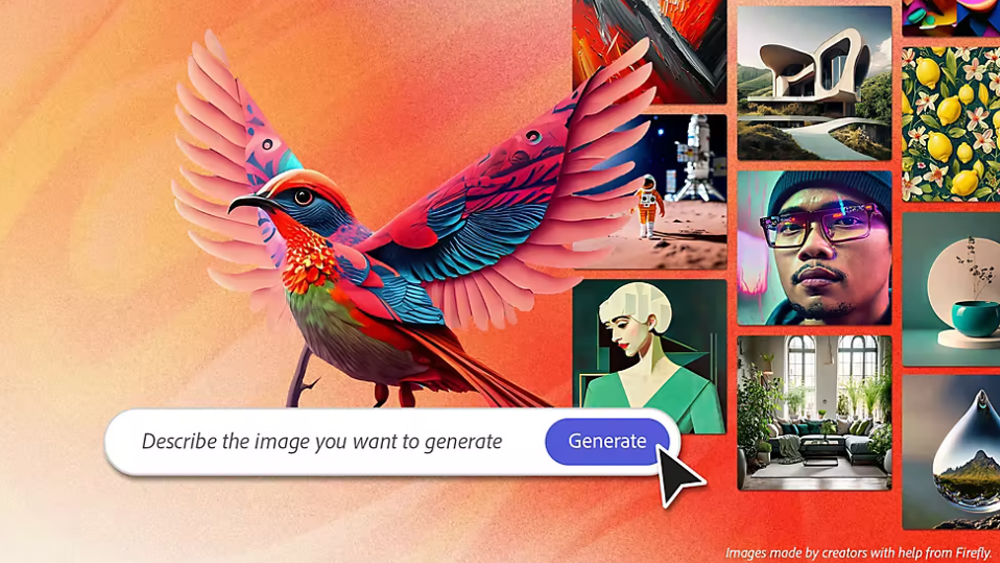
When Adobe Firefly launched in beta back in March, the creative software giant suggested it had solved one of the biggest controversies in AI art. The idea is that its model is not only safe for commercial use but also more ethical since it only uses public domain work and content from its own stock image library.
Together with the tool's powerful versatility to generate images and text, this has earned Firefly a place at the top of our pick of the best AI art generators. But it seems Adobe Stock contributors are not all convinced by the ethicality of the company's approach.
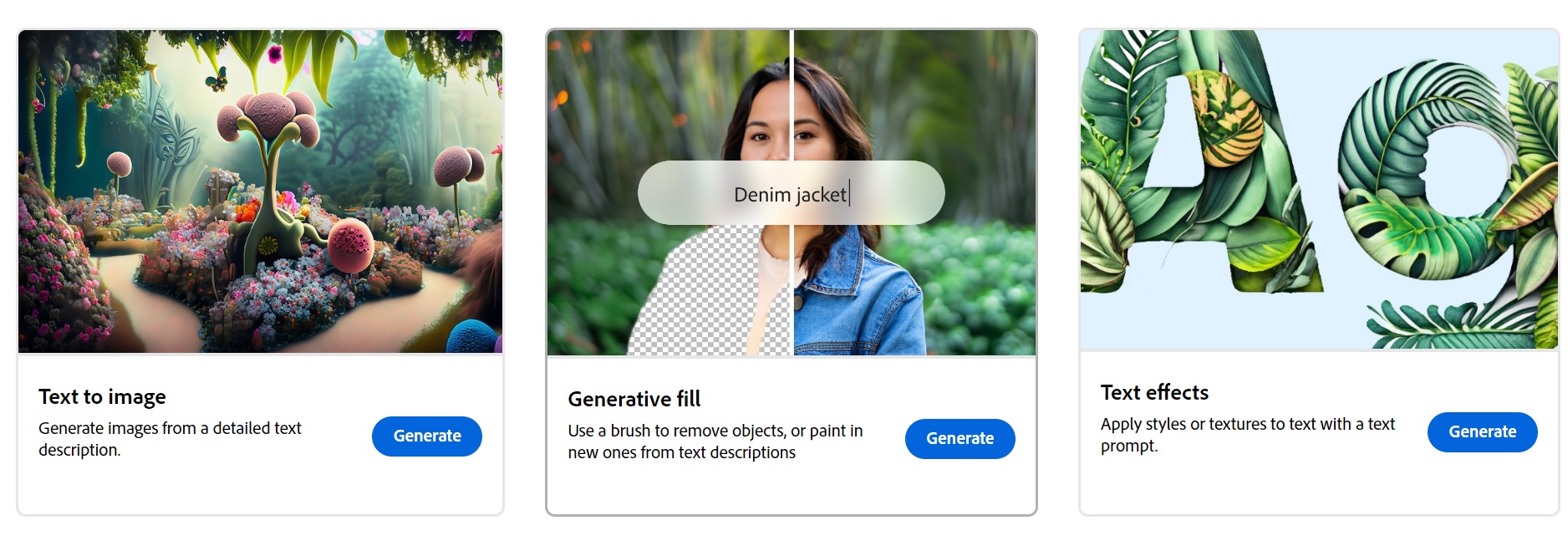
One of the big controversies in AI image generation is copyright. Models such as Stable Diffusion and Midjourney were trained on billions of images scraped from the internet without artists' permission. But Adobe had a ready-made solution at arm's reach: its own royalty-free image library, Adobe Stock, which contains over 200 million photos, videos, illustrations and 3D assets.
However, while this might make Adobe Firefly commercially safe, some Adobe Stock contributors are not happy that they weren't consulted and still don't know how they'll be compensated.
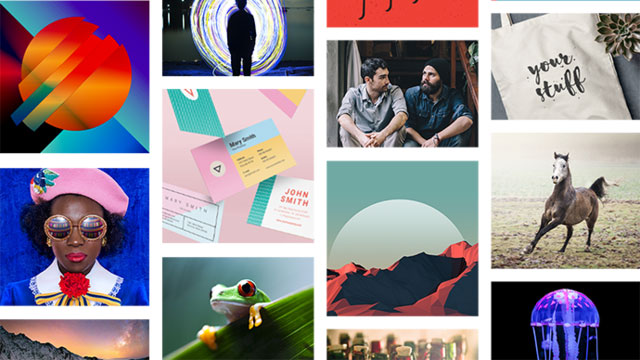
Adobe Stock pays contributors a 33% commission when users pay to download their content. However, with Adobe Firefly now in beta, contributors say fewer people are now downloading assets because they can generate 'new' images using the text-to-image tool.
UK-based creator Dean Samed, who says he has contributed 2,000 images to Adobe Stock, told VentureBeat he thought the firm was now competing with its contributors using their own intellectual property. Adobe says it's still working out how it will compensate contributors and that it is considering offering an opt out. But some aren't happy with what they see as a take first, work it out later approach, which leaves artists little room to decide whether or not to accept whatever deal is offered.
One contributor complained that the move was unannounced and that contributors were unaware their images were being used to train AI. Under Adobe’s Stock Contributor Agreement, users will grant the company “a non-exclusive, worldwide, perpetual, fully-paid, and royalty-free license” to use their work, including for the development of "new features and services.” However, some contributors argue that to be truly ethical, it should have given them the option to opt out in advance.
Daily design news, reviews, how-tos and more, as picked by the editors.
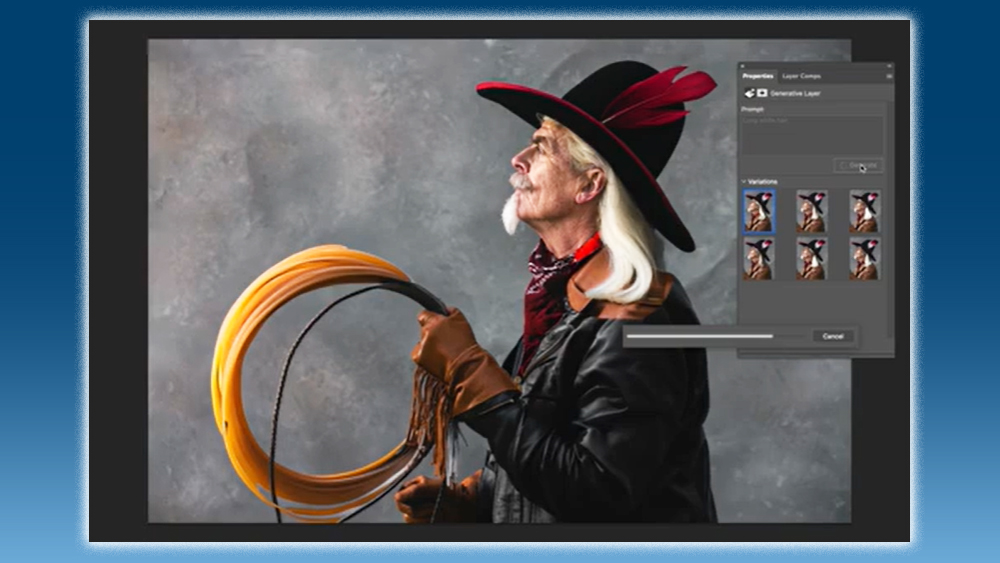
According to VentureBeat, Adobe said: “We hear the artists’ concerns. We are also hearing a great deal of excitement for what these new tools can mean in terms of their productivity, and the creativity it can unlock for creators of any skill level.”
In the Firefly FAQs for Adobe Stock contributors, Adobe says: “We are developing a compensation model for Stock contributors, and we will share the details of this model when Firefly exits beta." Elsewhere it notes: "There is no option to opt-out of data set training for content submitted to Stock. However, Adobe is continuing to explore the possibility of an opt-out.”
Firefly is still in beta and it's clear that there's still a lot that needs to be figured out. For now, it remains the most likely solution to tackle the issue of copyright in AI images; Stock contributors will just be hoping that they get some clarity soon. For more on AI image generators, see our pick of the best AI art tutorials and how to use DALL-E 2.
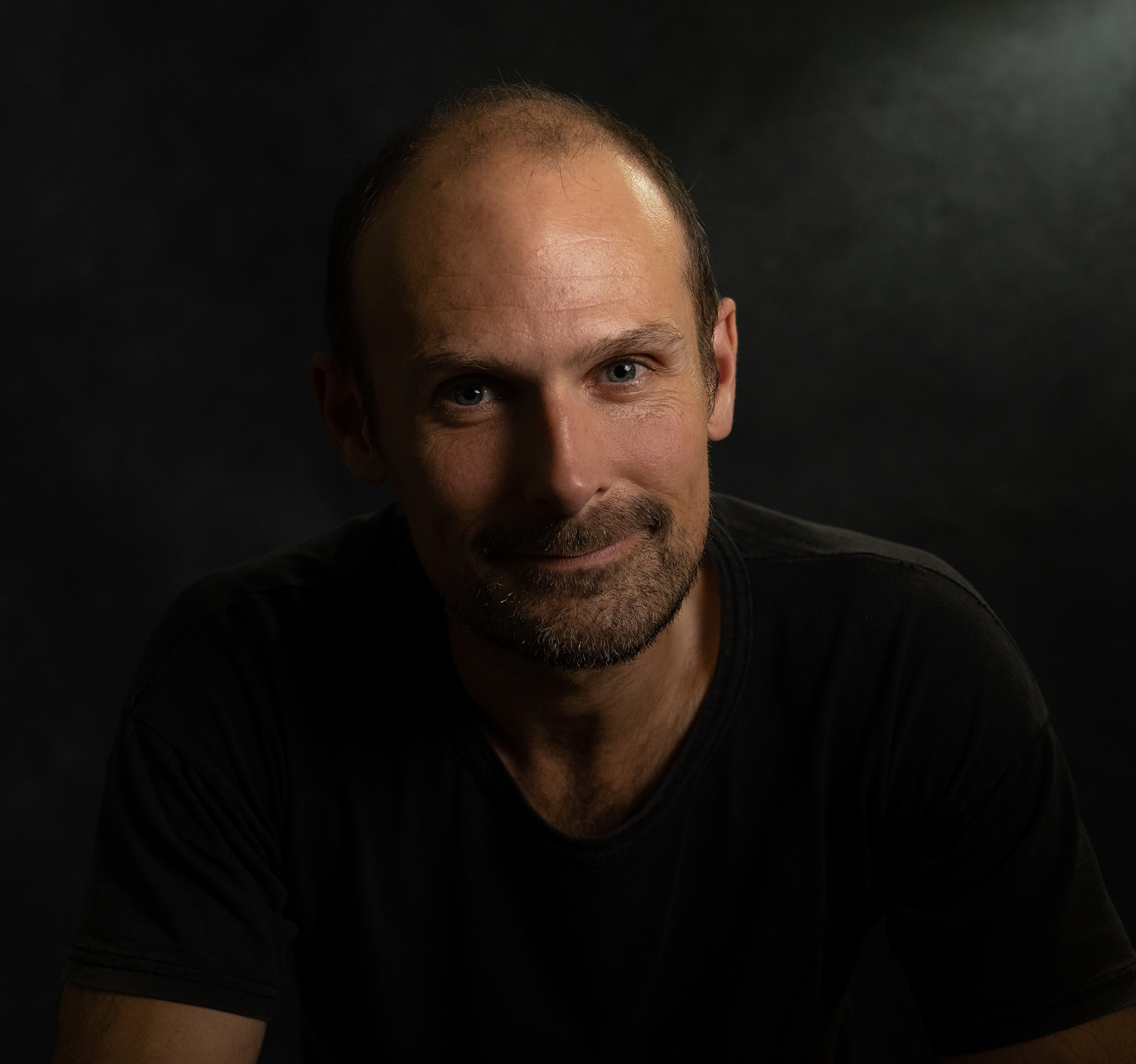
Joe is a regular freelance journalist and editor at Creative Bloq. He writes news, features and buying guides and keeps track of the best equipment and software for creatives, from video editing programs to monitors and accessories. A veteran news writer and photographer, he now works as a project manager at the London and Buenos Aires-based design, production and branding agency Hermana Creatives. There he manages a team of designers, photographers and video editors who specialise in producing visual content and design assets for the hospitality sector. He also dances Argentine tango.
